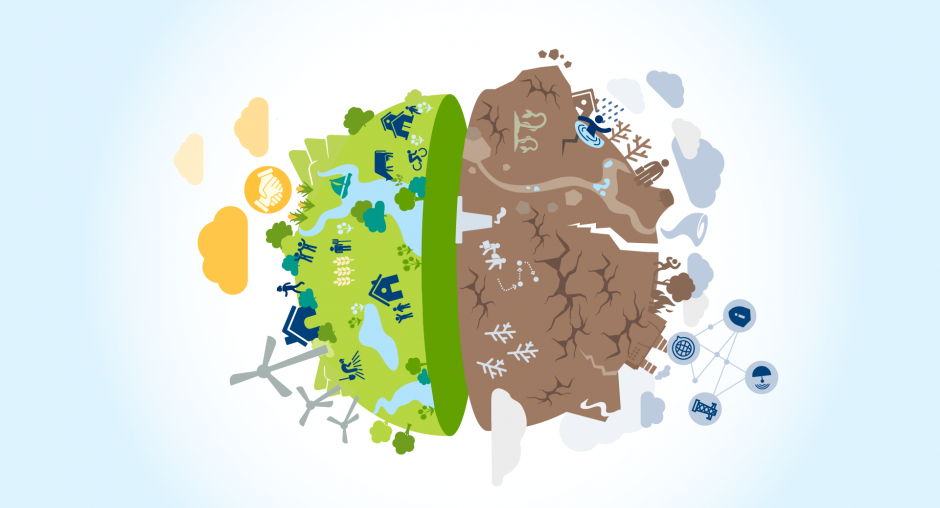yanomami.net – Climate change is one of the most pressing issues of our time, affecting every aspect of life on Earth. It is a complex phenomenon that involves the long-term shift in temperature and weather patterns across the globe. This article aims to provide a comprehensive understanding of the threat posed by climate change, its causes, impacts, and what can be done to mitigate its effects.
The Science of Climate Change
At its core, climate change is driven by the increase in greenhouse gases (GHGs) in the Earth’s atmosphere. These gases, which include carbon dioxide (CO2), methane (CH4), and nitrous oxide (N2O), trap heat from the sun, leading to a rise in global temperatures. This phenomenon is often referred to as the greenhouse effect.
Human activities, such as the burning of fossil fuels, deforestation, and industrial processes, have significantly increased the concentration of GHGs in the atmosphere. The Intergovernmental Panel on Climate Change (IPCC) has concluded that it is extremely likely that human influence has been the dominant cause of observed warming since the mid-20th century.
Impacts of Climate Change
The effects of climate change are far-reaching and affect various aspects of the environment and human society. Some of the key impacts include:
Extreme Weather Events
Climate change is linked to an increase in the frequency and intensity of extreme weather events, such as hurricanes, droughts, heatwaves, and heavy rainfall. These events can lead to loss of life, damage to infrastructure, and economic hardship.
Rising Sea Levels
As global temperatures rise, polar ice caps and glaciers melt, contributing to rising sea levels. This poses a significant threat to coastal communities, leading to displacement of populations and loss of habitat for marine life.
Ecosystem Disruption
Climate change disrupts ecosystems by altering habitats and changing the timing of natural events, such as migration and breeding. This can lead to species extinction and a loss of biodiversity.
Food Security
Changes in temperature and precipitation patterns can affect agricultural productivity, leading to food shortages and increased food prices. This threatens food security, particularly in regions that are already vulnerable.
Mitigating Climate Change
Addressing climate change requires a concerted effort from governments, businesses, and individuals. Some of the key strategies include:
Reducing Greenhouse Gas Emissions
Transitioning to renewable energy sources, improving energy efficiency, and reducing deforestation are critical steps in cutting GHG emissions.
Adapting to Climate Change
Communities and infrastructure need to be made more resilient to the impacts of climate change. This includes building sea walls to protect against rising sea levels and developing drought-resistant crops.
International Cooperation
Global cooperation is essential to tackle climate change. Agreements like the Paris Agreement aim to bring countries together to commit to reducing emissions and supporting each other in adaptation efforts.
Conclusion
Climate change is a complex and urgent issue that requires immediate and sustained action. Understanding the threat it poses is the first step in addressing it. By working together, we can mitigate the impacts of climate change and create a more sustainable future for generations to come. It is not just about saving the planet; it is about ensuring the well-being of all its inhabitants.
